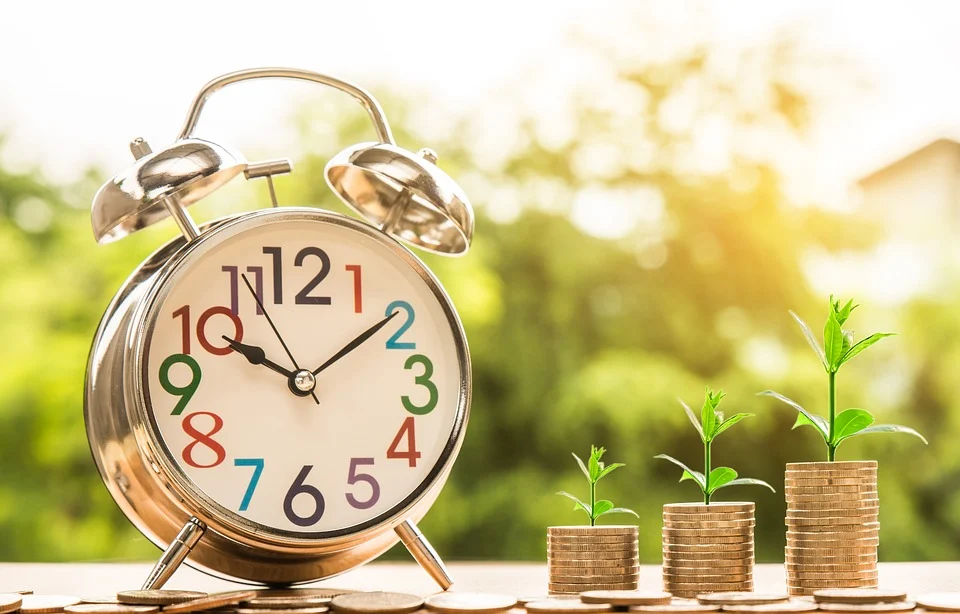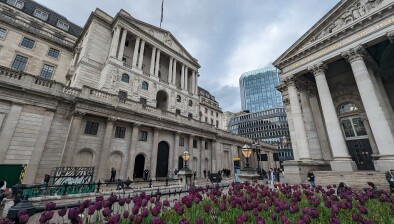Consumers repaid record £16bn of debt in 2020 despite COVID-19
British households repaid the most money borrowed on credit cards and loans in 2020 since records began despite the economic uncertainty caused by the coronavirus pandemic.

New figures released by the Bank of England (BoE) show £16.6 billion of net repayments on credit cards, personal loans, student borrowing and car finance last year – the most repaid since 1993 and the first annual net reduction since 2011, when the UK was still recovering from the financial crisis.
In 2019, British consumers had accumulated £13.2bn of extra debt. However, as many people began to work from home and reduced consumer spending during lockdowns, the BoE said the annual consumer credit growth rate had plummeted to -7.5%, the weakest on record.
Even throughout December, households made repayments worth £1bn. This followed more substantial months for paying off credit card and loan balances earlier in the pandemic, with more than £7.2bn repaid during the peak month of April amid the first Covid lockdown.
In a sign of the impact on businesses as consumers saved money, borrowing from banks by companies skyrocketed to a record £43.3bn as firms fought to stay afloat. The amount raised on the financial markets – from selling stocks and bonds – also rose, to a record £52.6bn.
Chancellor Rishi Sunak has faced growing calls to launch a renewed package of financial support for firm hit hardest by COVID-19. He has suggested that households who have been saving money during the pandemic could help to kickstart the economy as lockdown measures are relaxed.
According to official figures, the UK’s households savings ratio reached a record high of 27% in June 2020, and has remained at historically high levels since, The Guardian reports.
However, these aggregate figures hide intense pressure for people bearing the brunt of the pandemic, as millions lose their jobs or suffer loss of income. Many UK residents have fallen behind on rent, bills and debt repayments, while destitution levels are expected to double in the wake of the crisis – with an estimated 2 million families likely to struggle to make ends meet amid the coronavirus recession.
Almost 9 million people were forced to increase their borrowing last year to cope with the pandemic, according to official figures illustrating the damaging effect of the first two lockdowns.





